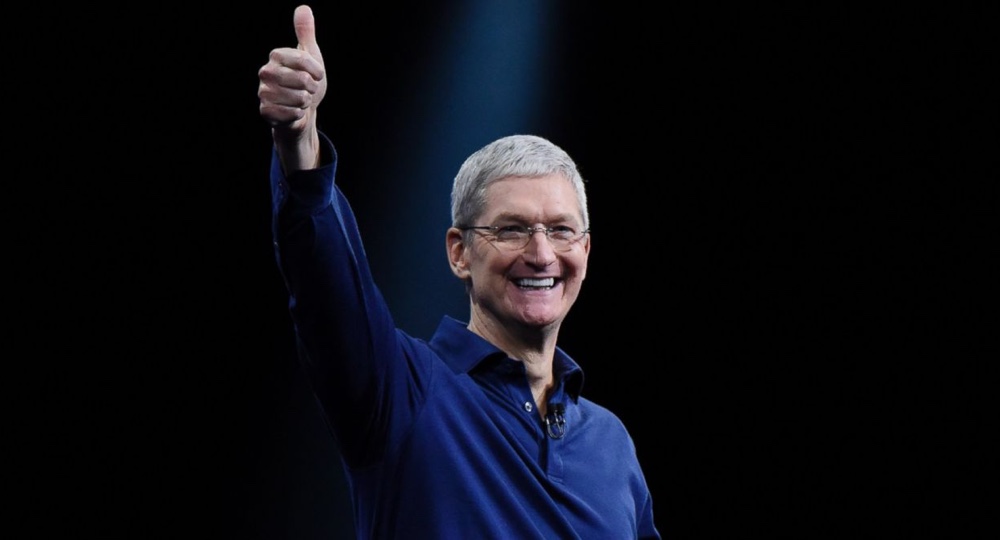|
Getting your Trinity Audio player ready...
|
Apple Inc. has won an antitrust lawsuit after an appeals court upheld its App Store policies in an antitrust challenge filed by Epic Games Inc. The ruling by the US Ninth Circuit Court of Appeals on Monday affirmed a lower-court judge’s 2021 decision. That decision largely rejected claims by Epic that Apple’s online marketplace policies violated federal law because they ban third-party app marketplaces on its operating system.
The case began after Apple removed Fortnite from the App Store on the reason that, Epic Games created a workaround to avoid paying a 30% fee on customers’ in-app purchases. While US District Judge Yvonne Gonzalez Rogers concluded last year that Apple’s policies prevent consumers from getting cheaper prices, she rejected Epic’s claims that the App Store is run like a monopoly in violation of federal antitrust law.
The judge, however, granted an injunction sought by Epic, ordering the technology giant to allow developers of mobile applications to steer consumers to outside payment methods. While the ruling is a major victory for Apple, the company was quick to acknowledge that it respectfully disagrees with the court’s ruling on the one remaining claim under state law and is considering a further review.
Epic CEO Tim Sweeney tweeted that the appeals court kept intact the portion of the 2021 ruling that sided with Epic, which rejected Apple’s anti-steering provisions and freed iOS developers to send consumers to the web to do business with them directly there.
The appeals court gave a strong nod to Apple’s argument that it needs to closely police the applications that run on its ubiquitous phones to protect users against fraudsters, hackers, malware, and spyware. “Apple makes clear that by improving security and privacy features, it is tapping into consumer demand and differentiating its products from those of its competitors — goals that are plainly procompetitive rationales,” the panel said.
US and European authorities have taken steps to rein in Apple’s stronghold over the mobile market. In response to the Digital Markets Act, a new series of laws in the European Union, Apple is planning to allow outside apps as early as next year as part of an update to the upcoming iOS 17 software update. Epic has made similar allegations about anticompetitive conduct in a lawsuit against Google over its Google Play store. The Alphabet Inc. unit has denied wrongdoing.
Significance of Apple’s Victory
The ruling marks a significant victory for Apple, as it has faced intense scrutiny over the years over its App Store policies and fees charged to developers. The company has argued that the policies are necessary to ensure the security and privacy of its users.
The ruling also highlights the challenges facing regulators and lawmakers as they try to balance the need for innovation and competition with concerns about market power and anti-competitive practices.
In recent years, US and European authorities have taken steps to rein in the power of big tech companies such as Apple, Google, and Facebook. The European Union, for instance, has introduced a new set of laws called the Digital Markets Act that aims to prevent companies from abusing their dominance in the market.
Apple, for its part, has made some changes to how its App Store operates in response to the lawsuit by Epic and other developer complaints. The company has allowed some apps to steer customers to external payment methods and made other policy adjustments.
However, the ruling is unlikely to be the end of the story. Epic Games CEO Tim Sweeney has indicated that the company is exploring its options following the decision. Meanwhile, Apple has indicated that it is considering a further review of the ruling on the one remaining claim under state law.
The case is one of several high-profile antitrust lawsuits that have been filed against big tech companies in recent years. The outcomes of these cases could have significant implications for the future of competition in the tech industry, as well as for consumers and developers who rely on these platforms.
Lawsuit Impact On Apple’s App Store
Despite the ruling being seen as a win for Apple, the company’s App Store will still undergo some changes as a result of the lawsuit. In September 2021, Judge Yvonne Gonzalez Rogers ordered the tech giant to allow developers of mobile applications to steer consumers to outside payment methods. The appeals court upheld this part of the decision.
Apple has already started making changes to the App Store in response to the lawsuit. The company is allowing developers to “steer” consumers to make payments for subscription apps outside of Apple’s own payment system. This change addresses a core issue within Epic’s lawsuit against Apple. However, the current Apple policy doesn’t apply to gaming apps, which is where Epic’s software, including the hit game Fortnite, still remains off of the App Store and Apple devices.
The ruling has also prompted some questions regarding the role played by online transaction platforms with market power in the economy and democracy. The appeals panel said, “There is a lively and important debate about the role played in our economy and democracy by online transaction platforms with market power.” However, it added that its job is not to resolve that debate, “nor could we even attempt to do so. Instead, in this decision, we faithfully applied existing precedent to the facts.”
The ruling is seen as a blow to Epic Games and a victory for Apple, but it is unlikely to be the end of the debate surrounding the App Store’s policies. The company is still facing a lawsuit from the developer of the game “Matchington Mansion” over similar issues, and the ruling in the Epic Games case could have implications for that lawsuit as well.
